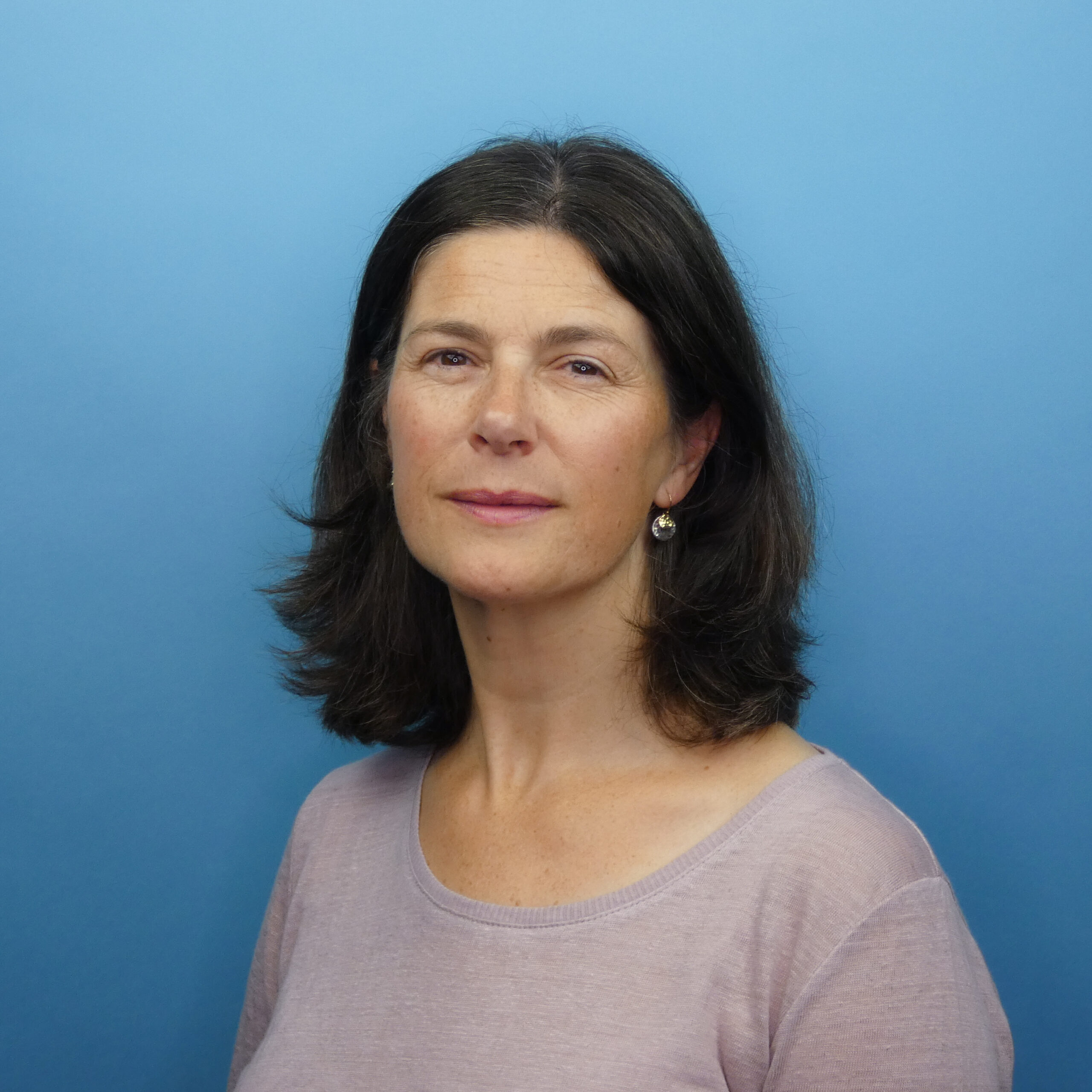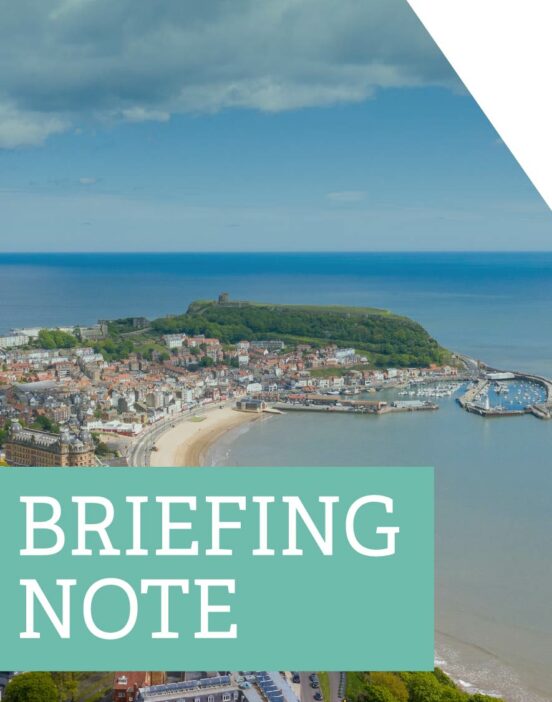The place where one is born, educated and works can have a profound bearing on one’s living standards. But how do people who live in different types of places experience their local area and want it to change? In April 2022, we ran four focus groups in Yorkshire and the Humber to explore this question. We listened to people from all walks of life discuss their lives in, and aspirations for, their local economy in Leeds, Hull, Barnsley and Scarborough. What we heard in these groups has important implications for both the Government’s ‘levelling up’ agenda and the Economy 2030 Inquiry.
- People in our focus groups cared very much about their local area, but also had a strong belief that ‘things should be better’. In this, they were not alone: data shows that in every region of England, more than three-quarters of the population report their area has either trodden water or deteriorated in recent years.
- Our focus group participants readily recognised that local areas have different endowments and therefore different routes to economic prosperity. In this, they seemed more open-eyed than many politicians, acknowledging that there is no ‘one size fits all’ economic model.
- Our focus groups were alive to the tensions and trade-offs that growth in their area could bring. They were eager for more investment in cities in the North, but they recognised accelerated growth could bring challenges. Our Leeds participants feared, for example, that growing affluence in their city could go hand-in-hand with rising inequality and higher housing costs.
- Work was readily available in every local area we visited, but job quality was a pressing concern. In every group, participants raised the conditions in low-paid jobs: casual employment, zero-hours contracts, a lack of training and progression and, in some cases, behaviour on the part of employers that strayed into being unlawful.
- Although commentators often consider the out-migration of young people from local areas as contributing to economic decline, our focus group participants were positive about young people ‘going out to see the world’. Instead, they worried far more about the prospects of those who did not leave because they did not go on to higher education.
- An issue that vexed all of our groups greatly was the degradation of their places and public services. Empty shops, unsafe public spaces and weak policing meant that some felt parts of their town or city centre were ‘no-go’ areas, curtailing economic activity and diminishing pride of place.
Contact
For all research queries about this report, please contact Lindsay Judge. For press queries, please contact the Resolution Foundation press office.

Lindsay Judge
Research Director,
Resolution Foundation
Email Lindsay
